Here in the USA, March is National Nutrition Month. We have a feeling they meant human nutrition, but that won’t stop us from exploring horse nutrition in this month’s article. The horse world seems to have more than its share of mythology and misinformation. “Expert” advice and conflicting opinions spread like flies on a manure pile. And equine nutrition seems to develop new myths every day. Here we address some oldies as well as some more modern feeding falsehoods.
Old Myth: All Equine Athletes Need Grain
 The equine industry pours plenty of money and science into creating and selling yummy grains and pellets for our ponies. There are lots of great feeds out there for horses who require extra energy or have special dietary needs. But the truth is, not all horses need grain. In fact, a great many don’t!
The equine industry pours plenty of money and science into creating and selling yummy grains and pellets for our ponies. There are lots of great feeds out there for horses who require extra energy or have special dietary needs. But the truth is, not all horses need grain. In fact, a great many don’t!
Horses are grazing animals. Their bodies are designed to collect all of their calories from forage: grass or hay. Their systems break down these fibrous foods and extract energy and nutrients from them. This is how they’ve thrived for centuries. Horses who are in good health and getting a normal amount of exercise positively thrive on forage alone. Why add other food types (which can introduce digestion risks) if you don’t have to? Talk with your vet about your horse’s dietary needs. You might be surprised!
Note: Not all processed feeds are actually grain. Some are actually pelleted forage, fortified grains, and supplements.
New Myth: High-Protein Feeds Benefit All Horses
Protein is quite the rage in human nutrition these days. Everyone says carbs are bad and protein is your friend. And it seems that this has extended to horses in the past few years.  Horses can get energy from protein, but chemically it takes energy to extract and process protein. So it winds up being an inferior source of calories for our pony pals.
Horses can get energy from protein, but chemically it takes energy to extract and process protein. So it winds up being an inferior source of calories for our pony pals.
Some horses have EPSM (equine polysaccharide storage myopathy) or other disorders that make grains like oats, corn, or barley potentially hazardous. If those horses can’t get enough calories from forage, supplementing their diets with a pellet that is higher in fats and protein can be a solution. But for healthy equines, protein packing is just not the best choice. Your pony’s digestive system has evolved to best process high-fiber, low-protein calorie sources such as hay and grass.
Old Myth: Bran Mash Aids Horse Digestion
Here is another myth that probably comes from us confusing what’s good for humans with what’s good for ponies. Sure, if you ate a big bowl of bran mash, your digestive system would move along at quite a vigorous pace! Our digestive systems don’t break down hulls and fibers, so they increase our motility. The equine digestive system is designed to break down fibers like stems and hulls. So bran mash doesn’t improve their “regularity” like it would ours! There are actually a couple of reasons why bran mash isn’t such a good idea for our horses:- Large amounts of bran can create a phosphorous/calcium imbalance that impairs bone health. This is especially harmful for growing young horses.
- Many horses don’t cope well with changes in their diets. The best approach is to feed exactly the same food to your horse every day. The occasional mash can throw a sensitive animal’s digestion for a loop.
New Myth: Carbs Cause Health and Behavior Problems
We throw the word “carbohydrate” around a lot these days. There are, in fact, many types of carbs. Basically they fall into:- Sugars and starches (non-structural carbs)
- Fiber (structural carbs)
- Colic
- Laminitis (founder)
- Tying up
- Corn
- Oats
- Wheat
- Barley
- Processed feeds that contain these grains
Tip: If you’re worried that your horse is getting too many simple carbs or is hyper, have your vet take a blood sample and test the blood glucose value. There’s no reason for guessing; discover the truth! When it comes to carbs, don’t throw the baby out with the bath water. Just because too many starches and sugars can have negative effects, don’t jump to the conclusion that all carbs are bad. It’s the right kind of carbs (structural carbs) that keep your equine pal going every day.
Old Myth: Beet Pulp is High in Sugar
 Beet pulp comes from sugar beets, yes. But it’s the fiber left over after the sugar is extracted from sugar beets. So it’s actually quite low in sugar. Note that some beet pulp pellets have molasses added to them to make them tastier. Check the nutritional information before you buy.
Beet pulp comes from sugar beets, yes. But it’s the fiber left over after the sugar is extracted from sugar beets. So it’s actually quite low in sugar. Note that some beet pulp pellets have molasses added to them to make them tastier. Check the nutritional information before you buy.
Beet pulp is a great solution for horses who can’t get enough calories from forage. It has these benefits:
- Plenty of fiber that horses digest well
- Lots of calcium, something our friends need a lot of
- A great way to add hydration to your horse’s intake (when thoroughly soaked in 4x water for a few hours before serving)
New Myth: All Equine Athletes Need Supplements
We horse owners have gone a little bit supplement crazy in the past few years. There are supplements for digestion, hoof strength, behavior, joint mobility, and so much more. There seems to be a common opinion that if you’re not feeding your horse any supplements, you’re not providing proper care. The truth is that a great many horses need nothing more than a good salt/mineral block to thrive. And in some regions of the world, that’s not even necessary!
Dietary supplements are meant to solve problems. They are vital parts of some horses’ health. But horses who do not have health problems or excessive performance demands really don’t need supplements. A young, healthy equine’s intake needs are:
- Forage
- Water
- Salt (and other minerals, depending on the region where their forage comes from)
- Love
Talk with your vet about whether your horse needs any supplements. Follow the wonderful rule of “If it ain’t broke, don’t fix it.” You can save money and also avoid giving your horse too much of a nutrient that’s already plentiful in her diet.
Tip: Your processed feed may contain some of the same supplements that you’re adding to your horse’s bucket. This can result in problems such as selenium toxicity, stomach irritation, and chemical imbalances. Be sure to check ingredients to avoid overdosing.
The Myths Keep Coming
We’ve touched on only a few myths of equine nutrition in this article. There are plenty more lurking out there! The best approach is to tell your vet what you’re feeding your horse and ask if she recommends any changes. Let your vet be your partner in providing the right diet for your equine loved one.
Have you been surprised by any strange feeding myths out there? Have you discovered that a “rule” you’ve been following for years is actually a bad idea or unnecessary? Please share it with us in a comment below!
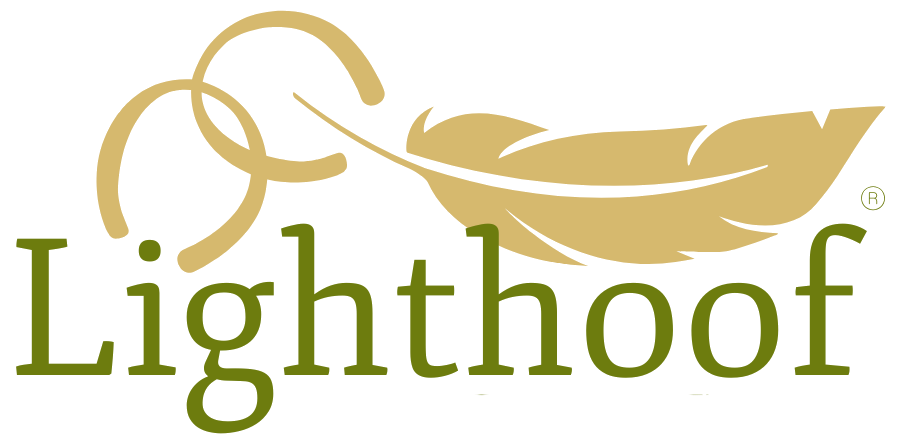
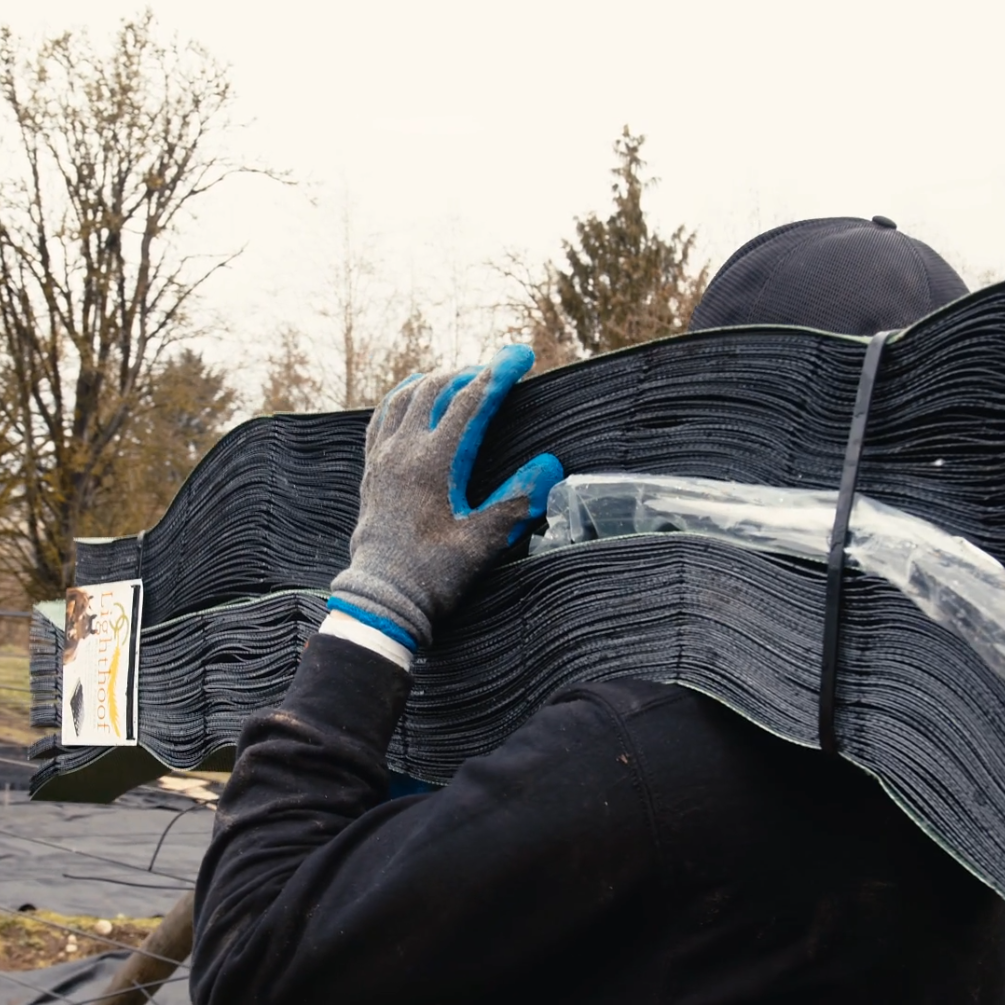
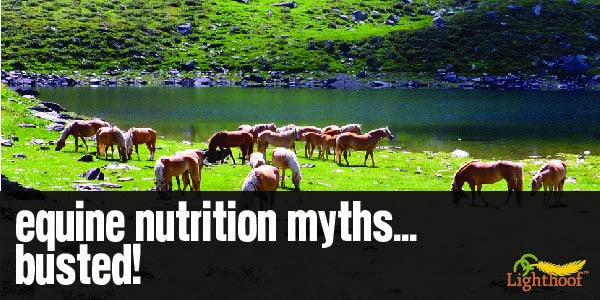
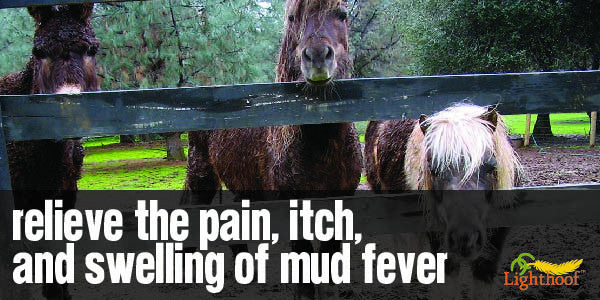
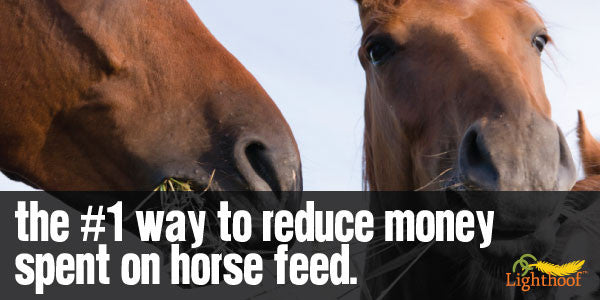
Leave a comment
This site is protected by hCaptcha and the hCaptcha Privacy Policy and Terms of Service apply.